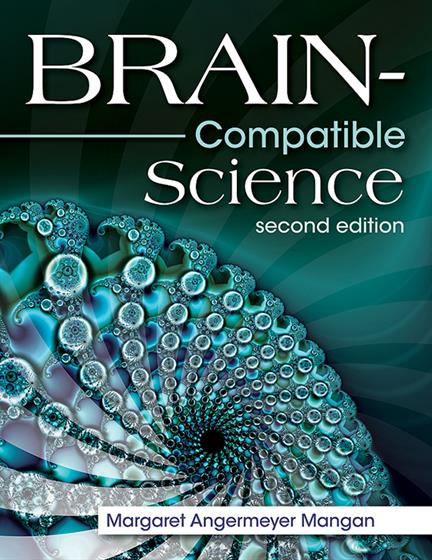Hands-on, Practical Guidance for Educators
From math,
literacy, science, equity, multilingual learners, and SEL, to assessment, school counseling,
and education leadership, our books are research-based and authored by experts
on topics most relevant to what educators are facing today.

Brain-Compatible Science
Fully engage your students in science instruction that promotes deep understanding of essential concepts.
Gain fresh insights for teaching, learning, and assessing knowledge of critical science concepts through the exploration of research-based practices for science education. This second edition, linked to National Science Education Standards, provides an abundance of fully developed science lessons that give students maximum exposure to new ideas and ways of thinking. Easily adaptable to any science curriculum, the lessons include:
- Learning objectives, assessment rubrics, and checklists
- Background information
- Preactivity discussions with step-by-step procedures
- Reproducible pages
- Closure and extension suggestions, as well as technology connections
- Grade Level: PreK-12
- ISBN: 9781412939966
- Published By: Corwin
- Year: 2006
- Page Count: 248
- Publication date: November 14, 2006


